Rv. 7: 2-4, 9-14; Ps. 24: 1-6; 1Jn. 3:1-3; Mt. 5:1-12a
I am reminded by the four angels with the “power to damage the land and the sea” of the Holy Father’s concern for climate change. History marks periods of climate change whether we read about Noah and the flood in scripture or the great Ice Age there is evidence for climate change causing great damage. We even see the recent destruction from fires, hurricanes, and earthquakes. For these families they have endured a “time of great distress”.
A “time of great distress” happens every moment of life. Some are very public stories of terrorism, murder, rape, abuse, hunger, war, or spread of disease. Others are very private stories of tragedy, death, sickness but all a form of great distress for the suffering, poor in spirit, mourning, meek, hungry and thirsty for righteousness. The world is on a path to destruction from its sins and Jesus comes offering the fulfillment of the Law in a new teaching on life in the spirit of God. Jesus ascends the mountain as Moses did however Moses received the law from God and Jesus gives the law with authority on the mountain to receive the blessing and great reward in heaven. God intervenes through his son into the world to save it from destruction of humanity.
This week we saw the persecution of Jews in a synagogue by a man who stated he simply want to kill Jews. Christianity was born out of the persecution of Jesus on the cross and continued with persecution of the early church. Many washed their robes in the blood of their baptism. Religious persecution exists around the world having to worship underground or live in fear of being targeted. There are some who wish religious practice was restricted to within the walls of their churches, synagogues, or temples in this country and find offensive for someone to publicly witness to their faith.
The vision of John reveals the number of those marked by the seal followed by “a great multitude which no one could count from every nation, race, people and tongue”. There is universality in this declaration of which we are all invited to wear the white robe of salvation and survive a “time of great distress and be washed in the Blood of the Lamb.” This cleansing began with our baptism and includes the daily cross of life. We bring our gifts of sacrifice to the altar and we receive the Blood of the Lamb in the Eucharist. So far so good until the question is asked, “who can ascend the mountain of the Lord?”
To ascend this mountain requires our purity “as he is pure…one whose hands are sinless, whose heart is clean, who desires not what is vain.” With one brush of a statement we can feel like a baseball player with three strikes and we’re out. Take “vanity”, all media promotes a world full of vanity. From weight loss plans, muscle magazines, Botox, wrinkle free creams, hair restoration and who can live with acne. We get an overdose of vanity promotion. Then we look for clean hearts. Why is it that as soon as we make a resolution to foster a greater virtue we fail the virtue being tested. My favorite is the test of patience, “Lord may I grow in patience.” BAM! Someone gets under my skin and I fall harder than before but perseverance builds the character of patience. As for sinless “hands” those are the acts with full knowledge and consent of the will to commit the sin but rather than stop we minimalize the sin or rationalize our own justice. The temptation to sin is given power by self-righteousness, “I deserve to give myself this reward.” God will one day say, “Did you not give yourself your own rewards where is your sacrifice?” We carry our sins with us as a vain badge of honor spreading over us as a cancer unrecognizable as God’s creation.
Who can ascend the mountain is the one of humble heart who cries out to God, “Lord, have mercy on me a sinner.” The Lord will look at us to identify if we have shown mercy, been peacemakers, and endured our persecution for the sake of righteousness or picked up the sword with our hands or our tongue to claim our own justice. Today the Church recognizes all those who have washed their robes in the Blood of the Lamb. They lived as sinners who in their distress sought refuge in God and were given mercy. It is our invitation today to come to him with humble contrite heart and in mercy wash our robes from the stain of sin.
Dante said we go to purgatory to wash our robes from the stain of sin. He reminds us of the old Midas commercial, “pay me now or pay me later.” Purity of mind, heart, and spirit cannot be purchased. Jesus already purchased for us the redemption from our sin. We are here not to pay up but to receive our just reward from God our savior. If the Lord is to call us today are we ready? The first step is the sacrament of confession, the penance given is to go forth to love and serve the Lord, and the narrow way is the sacramental life in communion with the Trinity, the Blessed Virgin Mary, the angels and all the saints. The God who is we will see as he is for we are a people who longs to see his face. “What we shall be has not yet been revealed” but don’t expect the vanity of looking 21 again, regaining lost hair, or getting rid of the gray and wrinkles. Expect the spirit of purity and sainthood.
I heart a quote from Saint Mother Teresa of Calcutta. She stated, “Good people do good things, holy people do God’s things”. He made one Saint Teresa, on Saint Padre Pio, one Saint Francis of Assisi, one Saint John Paul II and one Saint Francis Xavier. He also made one of you and me. Our holiness will come from doing “God things” that we are called to do. Where you are there your will find those things. Be the best you were created to be in the moment and as one writer put it, “wherever you go you are there” but also wherever you go God is there to do God’s things. Search and you will find, call and he will answer.
Tags
- Blood of the Lamb
- Moses and the Law
- Revelations
- Sainthood
- Sermon on the Mount
- Solemnity of all Saints Day
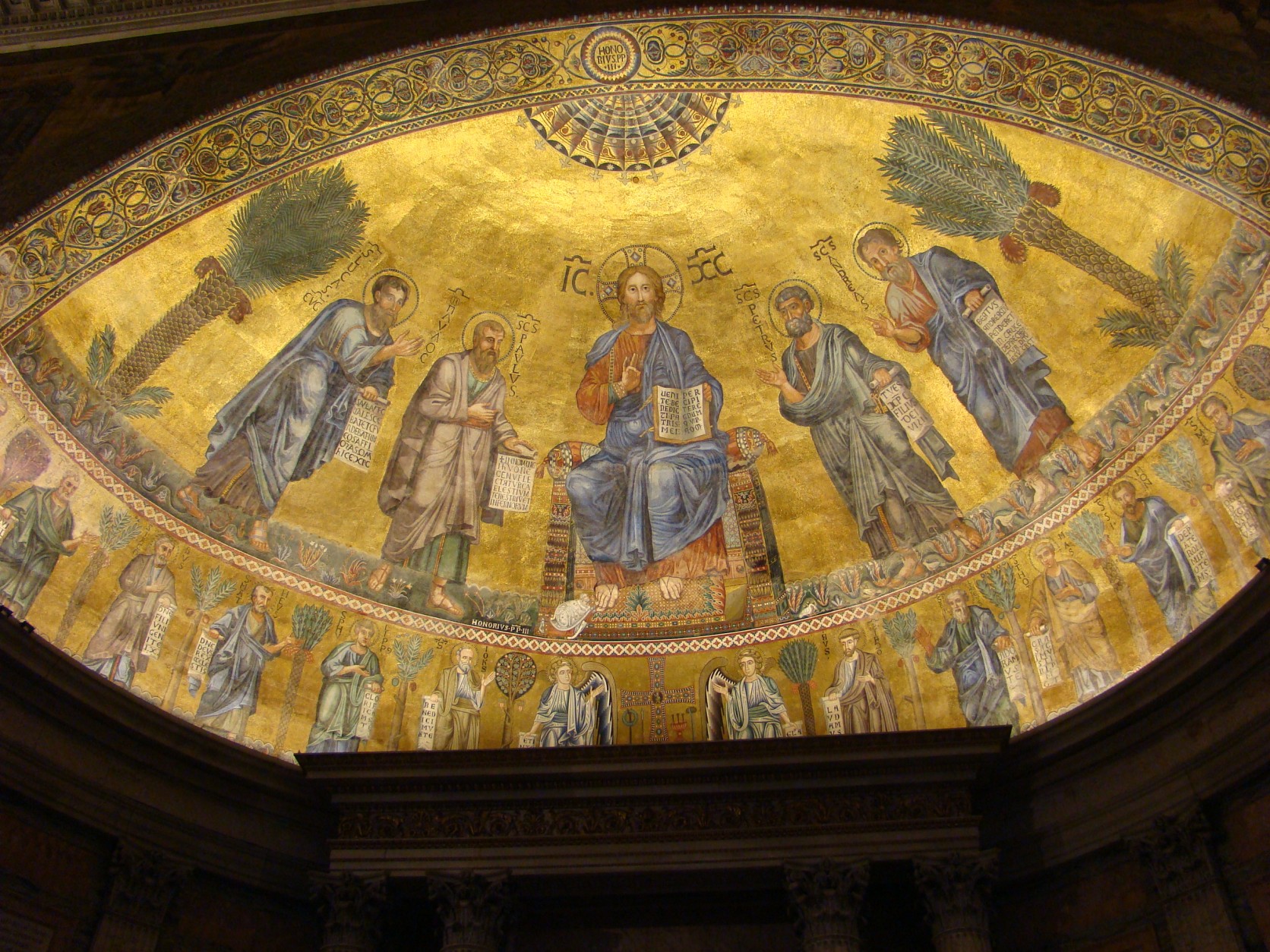


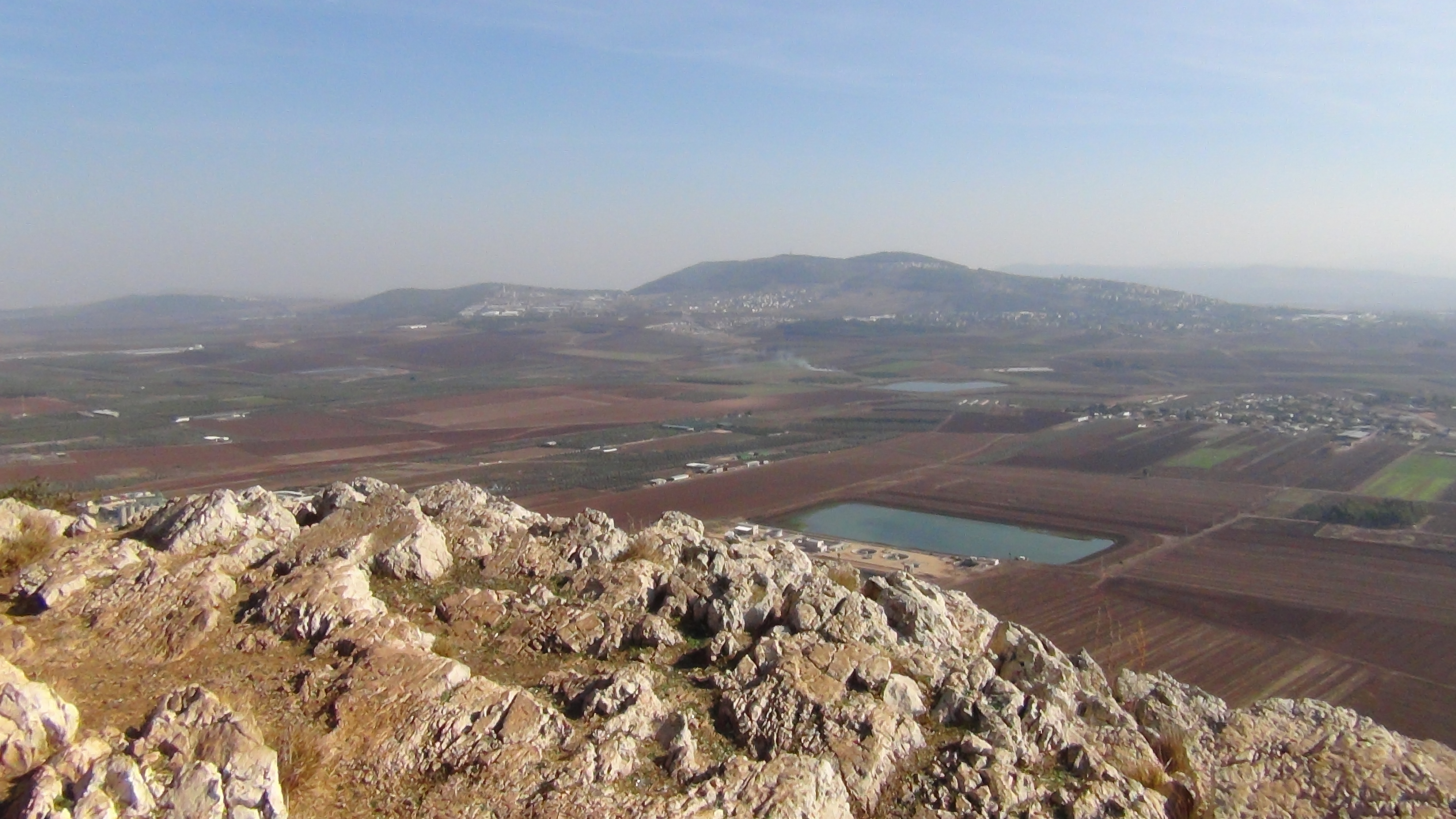

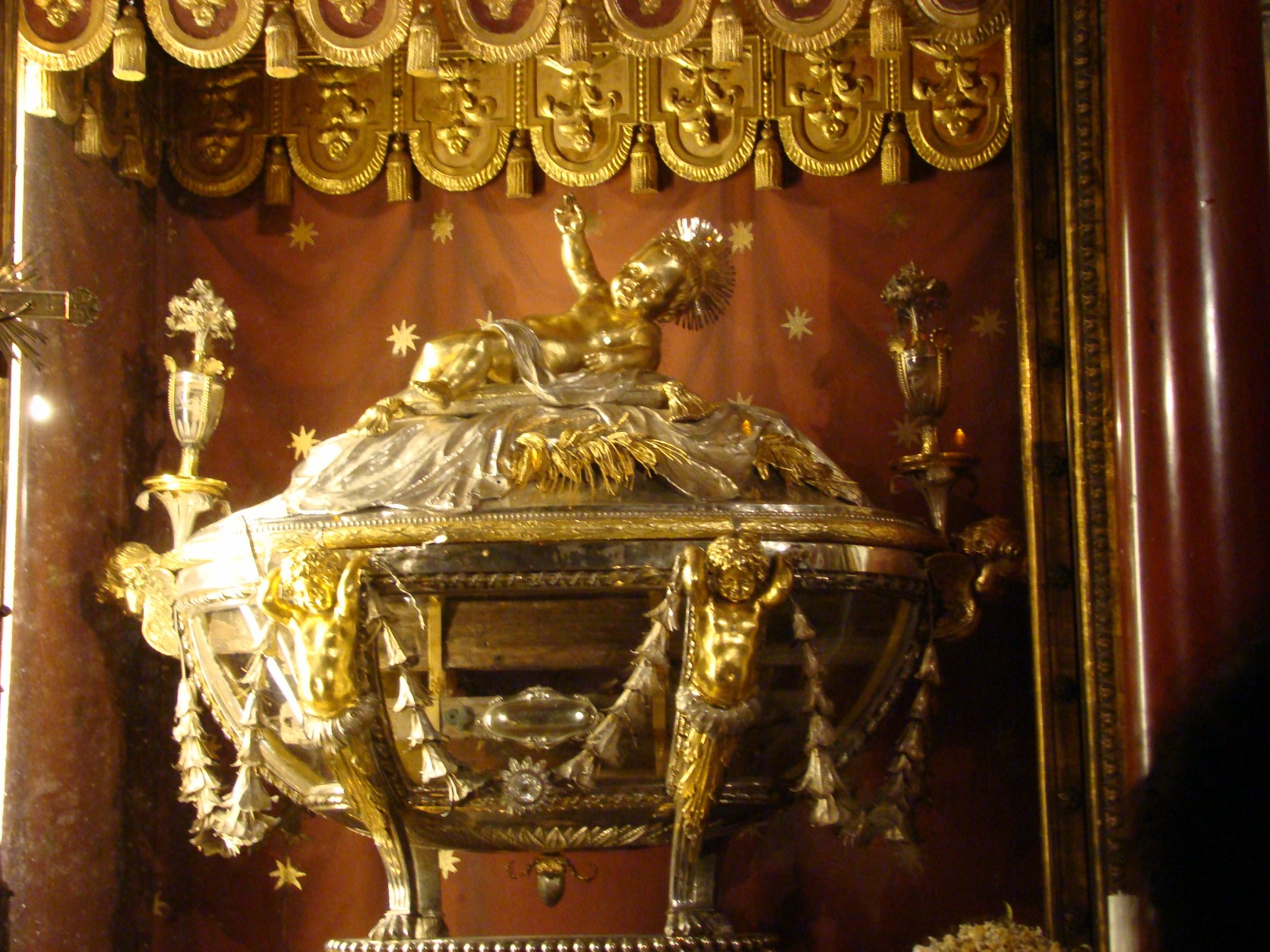



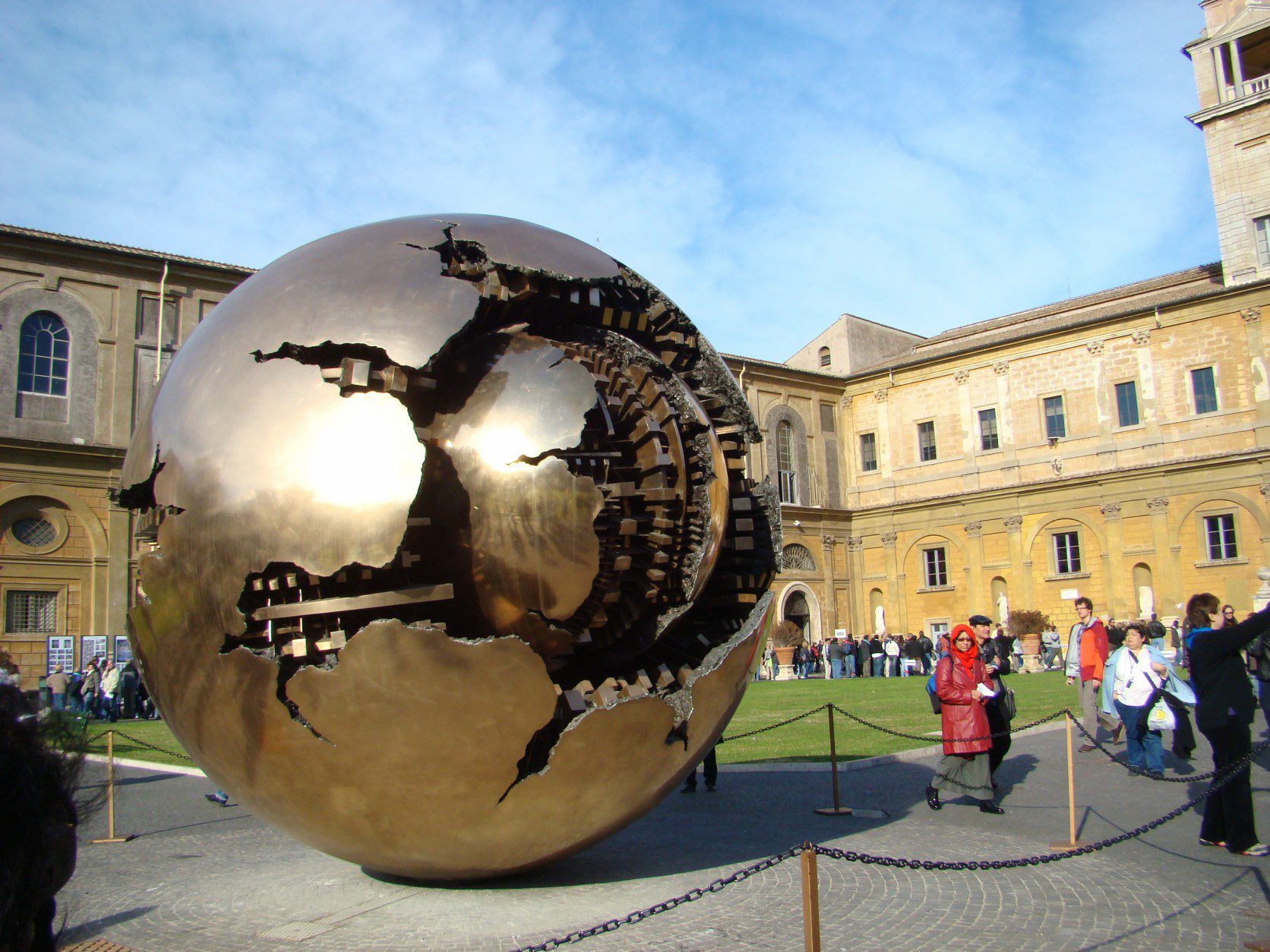

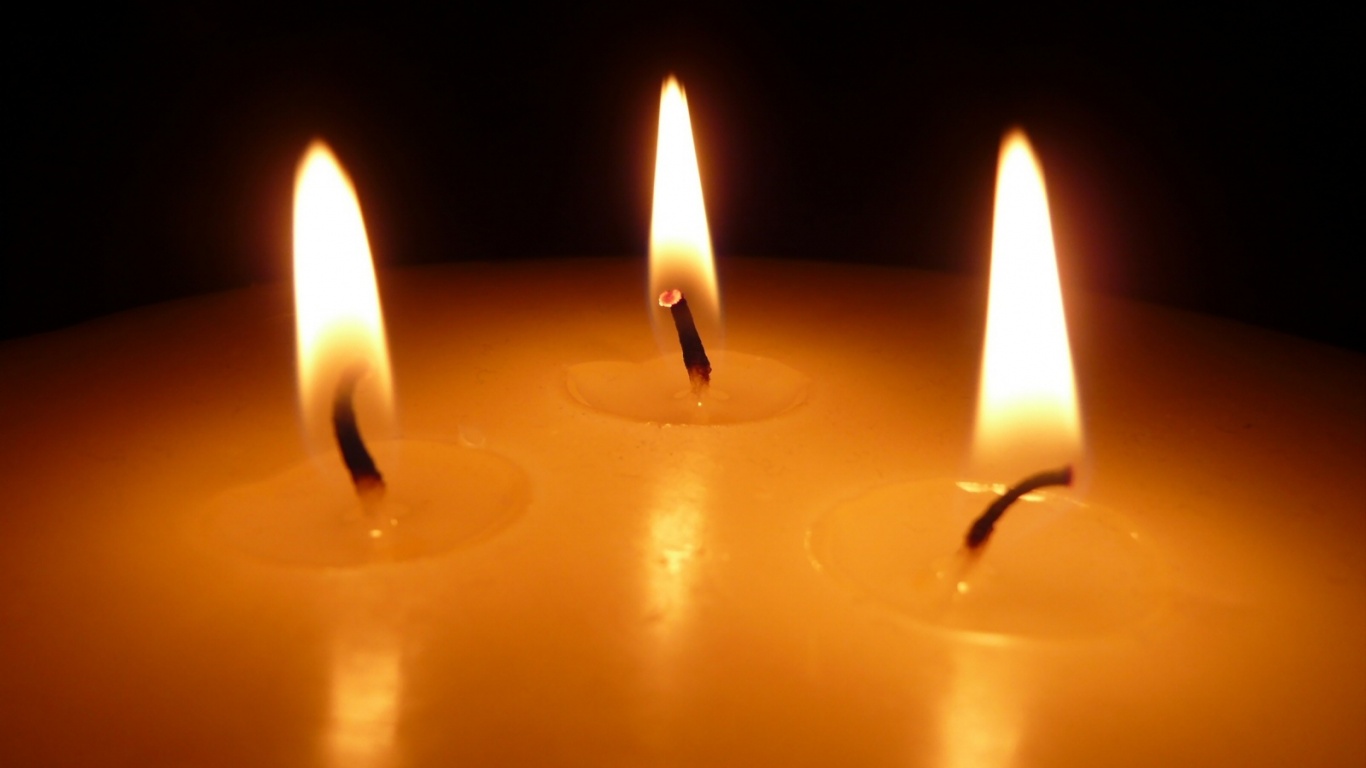

Recent Comments